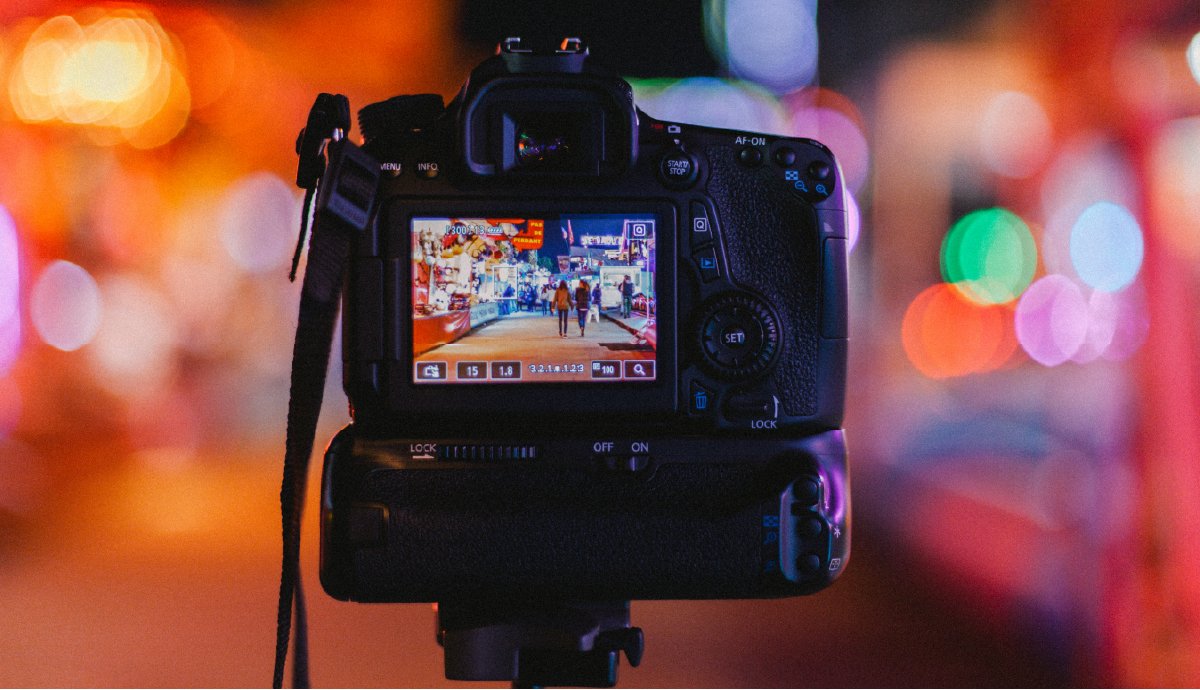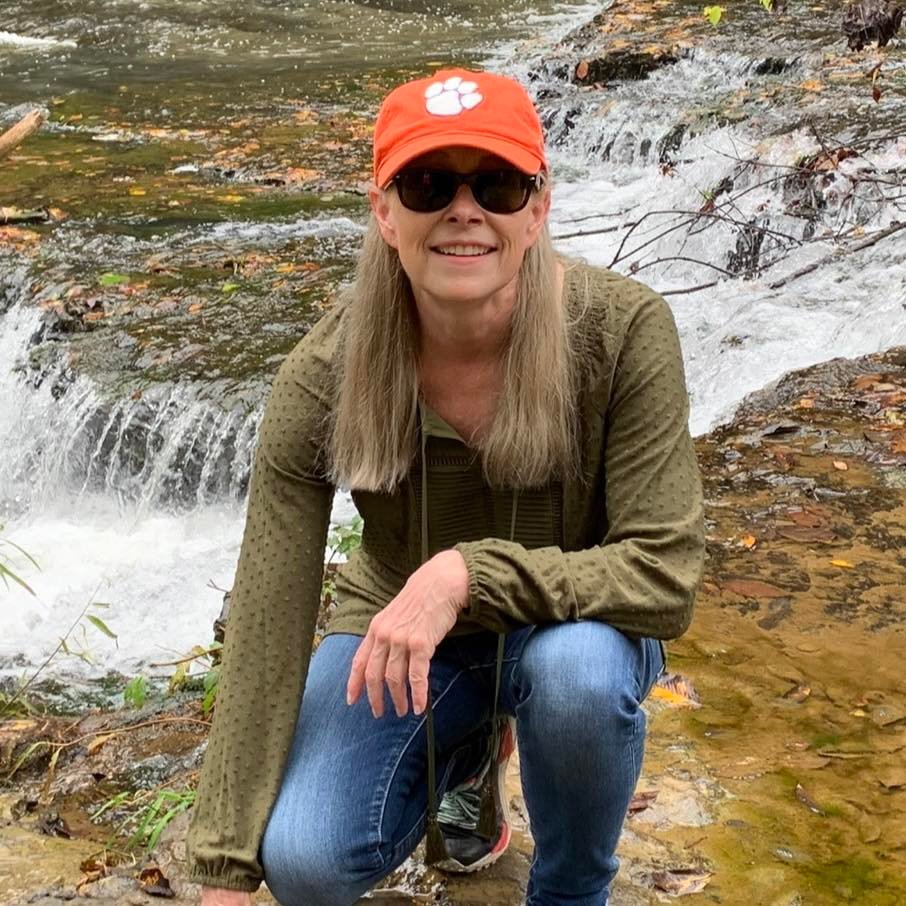
hotography is an art that constantly evolves with practice, experimentation, and a willingness to learn. I've been taking photos and learning photography for several years now. I'm by no means a pro, but I have improved dramatically over the years. Even now, there are times I go out to shoot some landscape images and when I come back, the photos don't look great or they are blurry. Ugh! That can be frustrating, but I use it as a learning experience. Whether you're a beginner or an experienced photographer looking to hone your skills, here are ten ways to improve your photography and take your shots to the next level.
1. Understand Your Camera
Before you can fully unleash your creativity, it’s crucial to understand your camera’s features and settings. Spend time reading the manual and experimenting with different modes and functions. Get comfortable with adjusting ISO, aperture, and shutter speed, as these settings greatly impact your photos’ exposure and depth of field.
Whether you’re waiting for the perfect light, capturing a fleeting moment, or experimenting with new techniques, don’t be discouraged by setbacks.
2. Study Composition
Composition is key to creating visually appealing photographs. Learn about the rule of thirds, leading lines, symmetry, and framing. Experiment with these techniques to see how they can guide the viewer’s eye and add interest to your images.
3. Play with Lighting
Lighting can make or break a photograph. Practice shooting in different lighting conditions, such as golden hour, blue hour, and backlighting. Learn how to use natural light to your advantage, and consider investing in some basic lighting equipment like reflectors or an external flash. When I am taking macro shots, I use a diffuser and a flash. If I’m doing some creative flower photography, I may use mineral oil and a flash with gels to create a mood. See what others are doing and experiment.
4. Master Post-Processing
Editing is an essential part of modern photography. Familiarize yourself with photo editing software like Adobe Lightroom and Photoshop. Learn how to enhance colors, adjust exposure, and sharpen details to bring out the best in your photos. However, be mindful not to over-edit; aim for a natural look. I’m continually learning new features in Photoshop.
5. Try Different Genres
Experimenting with various genres of photography can help you discover new techniques and perspectives. Try landscape, portrait, macro, street, and wildlife photography. Each genre presents unique challenges and opportunities to learn and grow.
6. Learn from Others
Join photography communities, both online and offline, to share your work and receive constructive feedback. Follow photographers whose work you admire on social media, and study their techniques. Attending workshops and taking courses can also provide valuable insights and inspiration.
7. Practice Patience and Persistence
Great photography often requires patience and persistence. Whether you’re waiting for the perfect light, capturing a fleeting moment, or experimenting with new techniques, don’t be discouraged by setbacks. Keep practicing and learning from your experiences.
8. Focus on Storytelling
Every photograph has the potential to tell a story. Think about the narrative you want to convey and how you can use composition, lighting, and subject matter to enhance that story. A compelling photograph often evokes emotions and engages the viewer.
9. Invest in Quality Gear
While having the latest gear won’t automatically make you a better photographer, investing in quality equipment can enhance your capabilities. Consider upgrading your camera, lenses, and accessories based on your specific needs and interests. However, remember that a great photographer can take stunning photos with any camera.
10. Develop Your Style
As you gain experience, you’ll start to develop your unique photographic style. Pay attention to the elements that consistently appear in your work, such as color schemes, compositions, and subjects. Embrace your individuality and let it shine through your photographs.
Conclusion
Improving your photography skills is a continuous journey of learning and experimentation. By understanding your camera, mastering composition and lighting, exploring different genres, and developing your unique style, you can elevate your photography and create stunning, memorable images. So grab your camera, head out, and start capturing the world around you with a fresh perspective!
Annie Lazo
I am a landscape photographer who finds joy in capturing the natural beauty of this world. From the magical mountains of the East Coast to the majestic peaks of the American West, I seek to share these breathtaking vistas with as many people as possible. I also enjoy photographing waterfalls, wildlife, and plant life.




